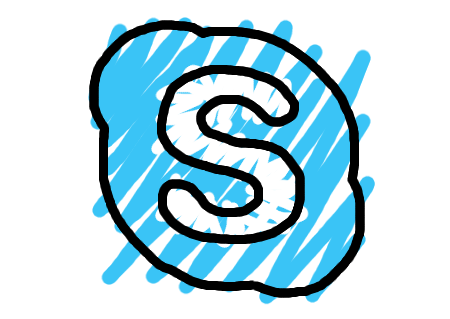Before Microsoft bought Skype, the world’s best-known VoIP provider looked at making it simpler for government agencies to spy on users’ communications, according to a report.
It formed part of Project Chess, a previously undisclosed programme that arose after difficult conversations over legal issues surrounding snooping, according to the New York Times.
Skype kept the initiative small, limiting it to around a dozen people when it started around five years ago, according to those briefed on the project. They looked at the legal and technical issues surrounding ease of access for intelligence agency snoopers, the anonymous sources claimed.
 Skype snoops?
Skype snoops?
Skype has been taking something of a kicking from privacy advocates over the past year. In particular, they are concerned that since the Microsoft purchase, communications are stored on servers – something that didn’t happen with the old peer-to-peer architecture.
They also don’t like this section of the company’s privacy policy: ““Skype will retain your information for as long as is necessary to: (1) fulfill any of the Purposes (as defined in article 2 of this Privacy Policy) or (2) comply with applicable legislation, regulatory requests and relevant orders from competent courts.”
Nor do they appreciate the SmartScreen technology, which scans people’s messages looking for malicious content and shows Microsoft technology can “read” the plain text of users’ interactions.
Microsoft had not responded to a request for comment at the time of publication.
The revelations have arrived as leaks continue to pour out from Edward Snowden, the man who exposed the high level of spying on US citizens and global Internet users by the National Security Agency.
Skype was a member of the PRISM programme, which has allowed US officials to acquire data of Internet giants’ customers. But it is believed the claim US intelligence had “direct access” to servers belonging to PRISM participants was bogus.
The latest leaked documents have shown how judges on the Foreign Intelligence Surveillance Court (FISA) signed off broad orders that allowed the NSA to collect data on US nationals “inadvertently”, according to the Guardian.
Two documents submitted to the FISA court, signed by Attorney General Eric Holder in 2009, indicate American people’s communications can be collected and stored, even though the Act is aimed at snooping on foreign parties. Indeed, it may be against US law to collect communications relating to US citizens without a warrant, although intelligence agencies and President Obama have claimed everything they are doing is legal.
The documents also indicated anyone using a VPN or the Tor network to hide their activity could be more of a target for surveillance. Anyone whose physical location is unknown “will not be treated as a United States person, unless such person can be positively identified as such or the nature or circumstances of the person’s communications give rise to a reasonable belief that such person is a United States person”, according to the documents.
Yesterday, frustrated at the secrecy surrounding FISA orders, two US congressmen introduced a bill that would order the government to declassify legal justifications for the NSA’s surveillance.
Are you a pedant on privacy issues? Try our quiz!






